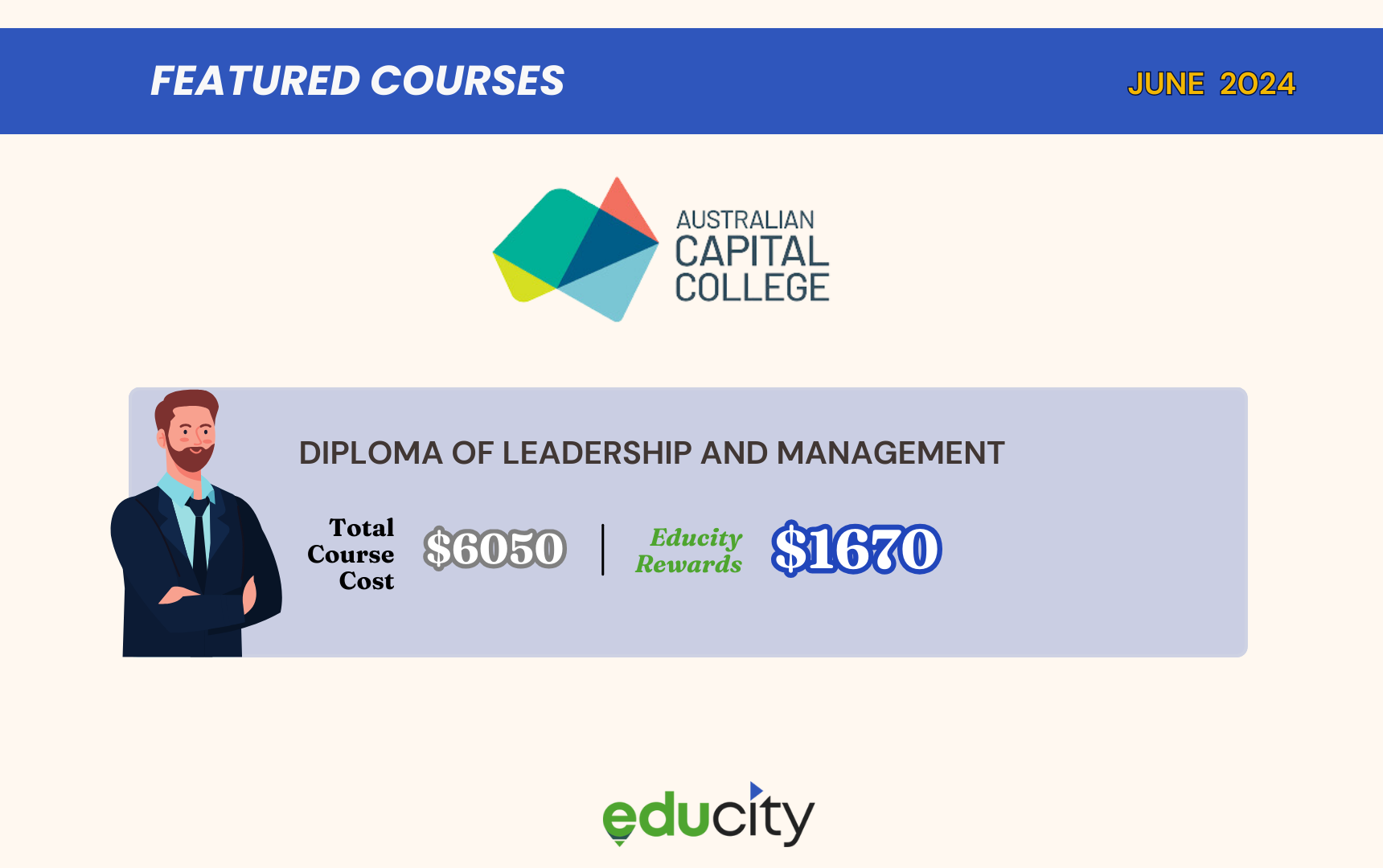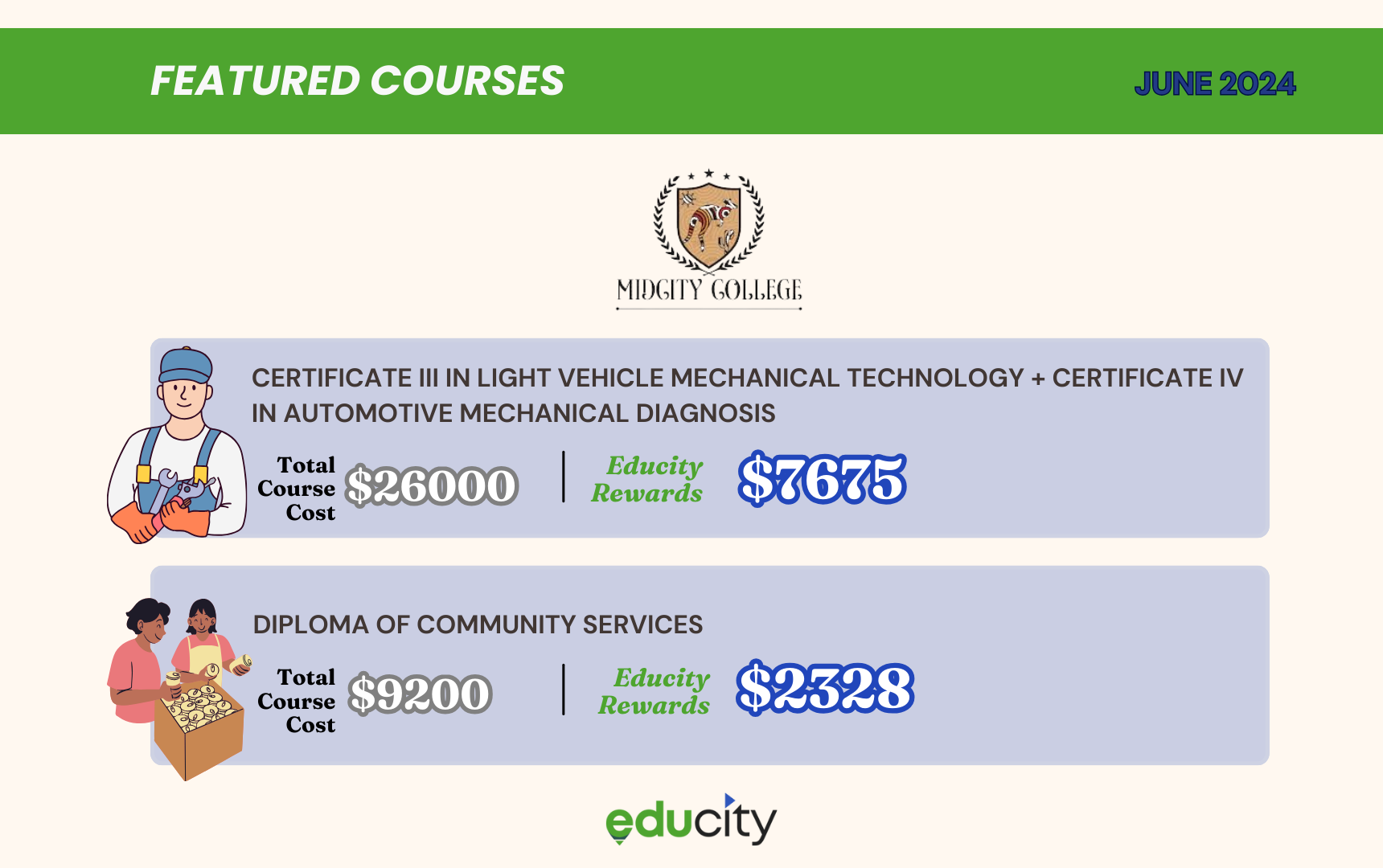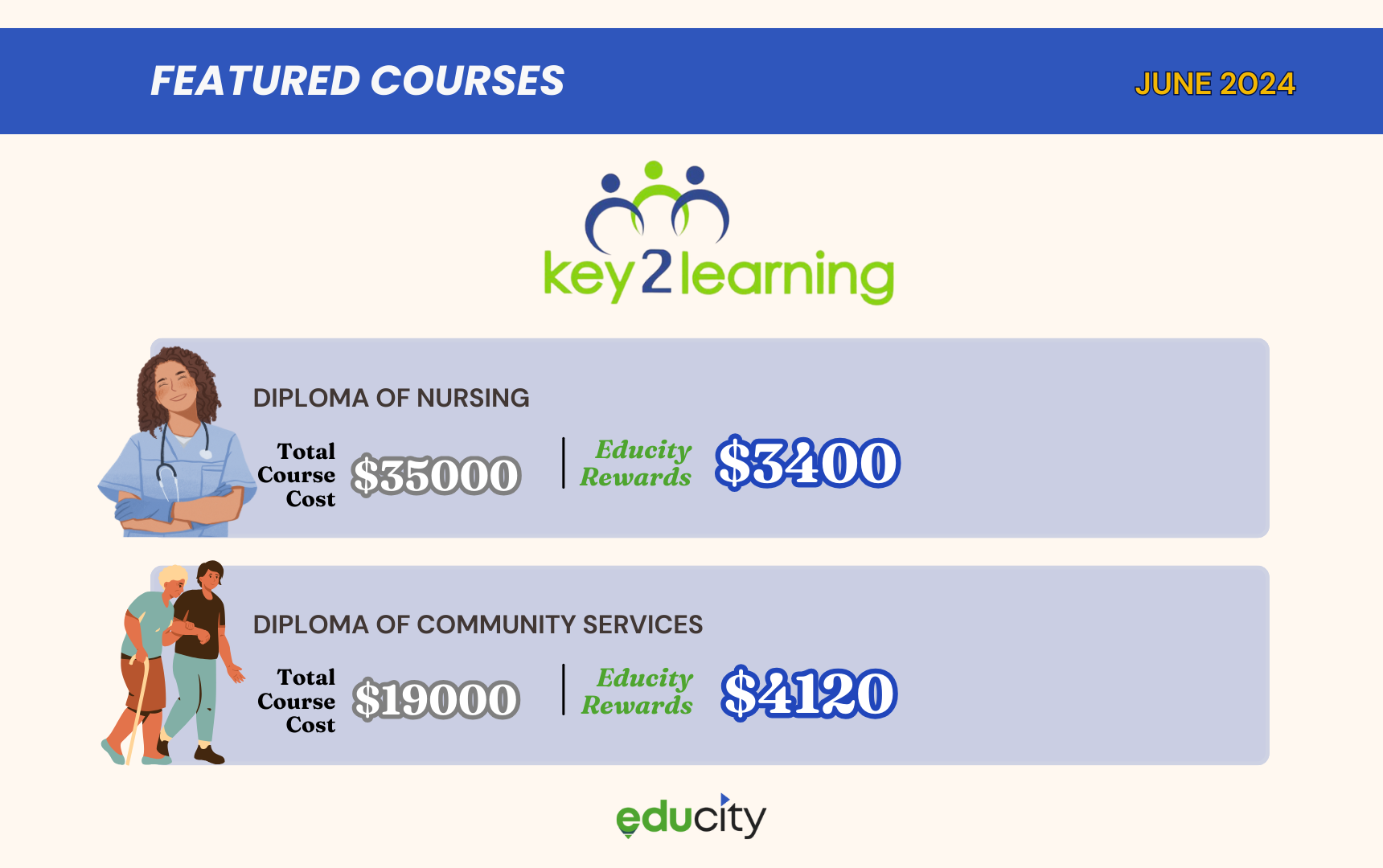
Let’s Plan Your Career Together!
Educity provides you with the most unique web based portal to carry out your admission process from anywhere at any time and get rewarded for carrying out the process yourself. Where STUDENTS come FIRST!

We'll help you find the right courses
Search from over courses by subject or university
Featured Courses
Explore your dream courses
Featured Institution
Cities in Australia
Explore top student cities in Australia
Get the latest offers
Refer Educity to other students, friends & family and Earn!
Student Journey
Let's Plan Your Career Together. Get started by creating an account
Educity has been providing best price through cash back reward.
54
Users
$15000
Reward already been collected by our student
Australia is a top destination for receiving a high-quality education, drawing thousands of students there each year to pursue their academic and professional ambitions. In terms of world-class education, economic growth, and standard of living, it remains to be one of the best countries. Australia has top-ranked institutions, globally recognized qualifications, and an abundance of scholarships when it comes to education. Students from all over the world are pursuing short-term English language courses, bachelor's, master’s, and doctoral degrees in Australia. The country now has over 384,000 international students from more than 140 countries.
Below are some of the main reasons why you should consider studying in Australia:
- Quality education: Australian universities and educational institutions are known for their high-quality education and academic standards. The country has a strong reputation for delivering excellent programs and research opportunities across various fields.
- Wide range of courses and institutions: Australia offers a diverse range of courses and degrees to choose from, with over 1,100 institutions and 22,000 courses available. Whether you're interested in traditional academic disciplines or vocational and technical training, you'll find a suitable program to meet your needs.
- Globally Ranked Institutions: The Australian education sector comprises world-leading education institutions, premium training facilities, and outstanding lecturers and student support services. If you’re looking for unbiased proof that Australian universities truly are world-class, look at independent global rankings such as Times Higher Education, QS and Shanghai Rankings. These organisations consistently rank Australian institutions in the world’s top 100 universities year after year.
- Global recognition: Australian qualifications are globally recognized and highly regarded by employers and educational institutions worldwide. Studying in Australia can enhance your career prospects and open opportunities for international employment.
- Livable Cities: Australian cities are consistently ranked as some of the most livable in the world. The level of government services, transportation, infrastructure, and healthcare is far superior to the global average. Australia is a highly developed technical nation with a robust, internationally competitive economy.
- Multicultural society: Australia is a multicultural society that welcomes students from all over the world. As an international student, you'll have the chance to interact with people from different cultures, gain a global perspective, and build valuable international networks.
- Safety and high standard of living: Australia is known for its safety and high standard of living. The country consistently ranks highly in terms of quality of life, healthcare, and personal safety. Australian cities are vibrant, diverse, and offer a wide range of recreational and cultural activities.
- Scholarships and financial assistance: Australian universities and the government offer various scholarships and financial aid options for international students. These opportunities can help reduce the financial burden of studying abroad and make it more accessible.
- Work opportunities: Australia allows international students to work part-time during their studies, which can help offset living expenses and gain practical experience. Additionally, upon graduation, there are post-study work opportunities available that may allow you to work in Australia temporarily.
- Natural beauty and lifestyle: Australia is known for its stunning landscapes, beautiful beaches, and unique wildlife. Studying in Australia provides an opportunity to explore its natural beauty and experience an outdoor-oriented lifestyle.
- Research and innovation: Australia is at the forefront of research and innovation in various fields, including science, technology, engineering, and medicine. As a student, you'll have access to state-of-the-art facilities, cutting-edge research, and opportunities to work with leading experts in your chosen field.
- Post Study Employment Opportunities: Australian educational institutions make students work-ready and understand what it takes to succeed in the global workforce. An Australian qualification will make you a very attractive potential employee to employers in Australia, at home and around the world.
- Extensive Student Support: Australian institutions offer a huge range of student support services to help you settle into your new life in Australia. Education providers must comply with strict quality control and government accreditation measures so you can be assured you will receive only the best service. Australia's Education Services for Overseas Students (ESOS ACT) framework enforces by law the best-practice protection for the rights of international students studying in Australia.
- English language proficiency: Studying in an English-speaking country like Australia can greatly improve your English language skills, which is beneficial for future career prospects and global communication.
Living in Australia as a student can be a rewarding and enriching experience. Here are some key aspects to consider:
- Accommodation: Australia offers various accommodation options for students, including on-campus dormitories, shared apartments, and homestays. The cost of accommodation will depend on the city and the type of housing you choose. It's important to plan and book your accommodation well in advance.
- Cost of living: Australia is known for its relatively high cost of living compared to some other countries. Expenses such as rent, groceries, transportation, and entertainment should be considered when budgeting for your stay. Major cities like Sydney and Melbourne tend to have higher living costs compared to regional areas.
- Health insurance: As an international student in Australia, you are required to have Overseas Student Health Cover (OSHC) for the duration of your stay. OSHC helps cover the cost of medical treatments, hospitalisation, and prescription medications. It's important to arrange health insurance before your arrival.
- Transportation: Australia has well-developed transportation systems, including buses, trains, trams, and ferries. Many cities have student concessions for public transport, allowing you to access discounted fares. Additionally, cycling is a popular mode of transportation in many areas.
- Cultural experience: Australia is known for its multicultural society, and as a student, you'll have the opportunity to interact with people from different backgrounds. Embrace the cultural diversity, participate in local events and festivals, and explore the unique Australian lifestyle.
- Work opportunities: International students in Australia can work part-time during their studies. This can help you gain work experience, earn money to support your living expenses, and enhance your skills. However, it's important to balance your work commitments with your studies.
- Student support services: Australian universities provide various support services to international students, including academic assistance, career guidance, counselling, and student clubs and organisations. Take advantage of these services to make the most of your student experience.
- Safety and well-being: Australia is generally considered a safe country with a low crime rate. However, it's always important to take common-sense precautions and be aware of your surroundings. Familiarise yourself with emergency services and contact numbers.
- Exploring the country: Australia is renowned for its natural beauty and diverse landscapes. Use your time as a student to explore the country by visiting national parks, beaches, iconic landmarks, and vibrant cities. Travelling within Australia can be an exciting and enriching experience.
- Cultural norms and customs: Familiarise yourself with Australian customs, etiquette, and laws to ensure a smooth adjustment to the local culture. Respect the Australian way of life, adhere to local rules and regulations, and embrace the relaxed and friendly Australian attitude.
Remember, each city and university may have its own unique characteristics and resources available to students. It's advisable to research and reach out to your chosen institution's international student office for specific information and guidance on living as a student in Australia.
Cost of living in Australia:
Accommodation cost:
|
Hostels and Guesthouse |
$90 - $150 per week |
|
Shared Rental |
$95 - $215 per week |
|
On campus |
$110 - $280 per week |
|
Homestay |
$235 - $325 per week |
|
Rental |
$185 - $440 per week |
|
Students Apartments Boarding |
$250 - $450 per week |
|
Schools |
$11,000 - $22,000 per year |
Cost of living:
|
Student - $29,710 |
|
Partner or spouse - $10,394 |
|
Child - $4,449 |
|
School age children - $13,502 (for school fee) |
Other living expenses:
|
Groceries and Eating Out |
$140 to $280 per week |
|
Gas, Electricity |
$10 to $20 per week |
|
Phone and Internet |
$15 to $30 per week |
|
Public Transport |
$30 to $60 per week |
|
Car (after purchase) |
$150 to $260 per week |
|
Entertainment |
$80 to $150 per week |
*Costs may vary based on the course, city, and lifestyle you choose
When applying for admission to an Australian institute as an international student, the process and requirements may vary slightly depending on the institution and course. However, here is a general overview of the application process:
- Research institutions and courses: Start by researching Australian universities or educational institutions to find the ones that offer the courses you are interested in. Consider factors such as course content, reputation, location, and entry requirements.
- Check entry requirements: Each course and institution will have specific entry requirements that you must meet. These may include academic qualifications, English language proficiency (e.g., IELTS, TOEFL scores), and any additional prerequisites for the course. Make sure you review the entry requirements for your chosen course and institution.
- Submit an application: Once you have chosen the course and institution, you will need to submit an application for admission. This can usually be done online through the institution's official website or through a centralised application system.
- Prepare supporting documents: As part of the application process, you will need to provide supporting documents. These typically include academic transcripts, proof of English language proficiency, a personal/genuine student statement, letters of recommendation, and a copy of your passport. Make sure to prepare these documents in advance.
- Pay application fees: Some institutions may require an application fee, so be prepared to pay the fee as instructed during the application process. The fee amount will vary depending on the institution.
- Await an offer letter: After submitting your application, you will need to wait for the institution to review your application. If you meet the entry requirements and are selected, you will receive an offer letter outlining the conditions of your admission.
- Accept the offer: If you receive an offer letter, carefully review the conditions, including any deadlines for accepting the offer. If you decide to accept the offer, follow the instructions provided by the institution to secure your place.
- Confirmation of Enrolment (CoE): You will need to make the initial payment as advised on the offer letter and return the signed acceptance of the offer to institution to receive your Confirmation of Enrolment (CoE) issued by your institution
- Arrange student visa: Once you have received your (CoE), you will need to apply for a student visa (subclass 500) through the Australian Department of Home Affairs. You will need to provide the Confirmation of Enrolment (CoE) issued by your institution, proof of financial capacity, health insurance, meeting health & character requirements and other required documents. It's important to familiarise yourself with the visa application process and allow sufficient time for processing.
It's essential to refer to the official websites of your chosen institutions for specific application guidelines and requirements. The application process and deadlines may vary, so it's advisable to start the application process well in advance to ensure a smooth transition to studying in Australia.
- Choose your preferred institution or course.
- Check course requirements.
- Submit your application to the university.
- Proof of funds/financials to support your study.
- Obtain and accept the offer letter.
- Receive eCoE (electronic Confirmation of Enrolment)
- Overseas Student Health Cover (OSHC)
- Apply for a student visa.
- Complete your biometrics and medical test.
- Waiting for the decision.
Pre-departure is an important stage in the process of studying abroad. Here are some key steps to follow during the pre-departure stage for international students studying in Australia.
Visa Application: Once you have received an offer letter from an Australian institution, you will need to apply for a student visa. The visa application process can be completed online and requires various documents such as proof of enrolment, health insurance, and financial capacity. It is important to start the visa application process well in advance to allow enough time for processing.
Accommodation: International students have a range of accommodation options in Australia. It is important to research and arrange accommodation well in advance of your arrival. Options include on-campus housing, homestay, private rental, or shared accommodation.
Flight Booking: Once your visa is approved, you can book your flight to Australia. Make sure to book your flight well in advance to avoid any last-minute hassles.
Money Matters: It is important to have enough money to cover your tuition fees, living expenses, and other costs. You can set up an Australian bank account before you arrive or use your existing bank account from your home country.
Health Insurance: International students are required to have health insurance while studying in Australia. You can purchase Overseas Student Health Cover (OSHC) from an approved provider.
Packing: Make a list of things you will need to bring with you to Australia. Remember to pack according to the Australian climate and consider any items that may be difficult to purchase in Australia.
Culture Shock: Studying in a new country can be exciting but also challenging. Be prepared to experience culture shock and take steps to overcome it, such as joining a student club or seeking support from the international student office.
Airport Pickup: Some institutions offer airport pickup services for international students. Check with your institution to see if this service is available.
Pre-Orientation Programs: Some institutions also offer pre-orientation programs to help international students settle into their new environment. These programs cover topics such as academic expectations, cultural adjustment, and campus life.
Keep in touch with EduCity team: Students can keep in touch with EduCity team to get any assistance they may require before leaving for Australia.
After arriving in Australia, international students need to complete several tasks to settle in and begin their studies:
- Accommodation: Find suitable accommodation, either on-campus or off-campus. This may include student apartments, homestays, or private rentals.
- Bank account: Open a bank account in Australia to manage finances and tuition fees.
- Orientation: Attend orientation sessions offered by the university or institution to learn about the campus, academic programs, and student services.
- Student ID and Health Insurance: Obtain a student ID card and purchase Overseas Student Health Cover (OSHC) for the duration of their stay.
- Transportation: Arrange transportation, such as a public transport pass, car rental, or bike rental.
- Part-time work: International students can work up to 48 hours per fortnight while studying in Australia. They can apply for part-time jobs on-campus or off-campus.
- Social activities: Participate in social activities and join clubs or organisations to meet other students and explore the city.
- Academic requirements: Meet academic requirements by attending classes, completing assignments, and studying for exams.
- Visa renewal: If planning to stay longer in Australia, apply for a visa renewal before the current visa expires.
- Personal well-being: Take care of personal well-being by staying healthy, managing stress, and seeking support from counsellors or mental health professionals if needed.
EduCity Australia can assist international students with these tasks and provide support throughout their studies in Australia.
Here are some of the things you can do after finishing your study:
Apply for a post-study work visa: If you wish to stay and work in Australia after completing your studies, you may be eligible to apply for a post-study work visa. This visa allows you to stay and work in Australia for up to four years, depending on your qualifications.
Apply for permanent residency: If you wish to stay in Australia permanently, you must check your eligibility criteria if you can apply for permanent residency through various visa programs. To find a visa that suits your needs explore visa options.
Return home: If you plan to return to your home country after completing your studies, make sure to tie up any loose ends such as closing bank accounts and terminating rental agreements. You can also seek advice from your institution's international student services team regarding the paperwork and procedures for returning home.
Apply for further studies: If you wish to continue your studies in Australia, you can apply for further courses or programs. Contact your institution's international student services team for guidance on course selection and visa requirements.
Network and seek employment: Attend job fairs, career events, and network with professionals in your industry to seek employment opportunities. Your institution's career services team can also provide guidance and support in your job search.
Keep in touch with friends and colleagues: Staying in touch with your friends and colleagues from your studies in Australia can help you maintain your network and provide opportunities for potential collaboration or partnerships in the future.
Remember to seek guidance and support from your institution's international student services team throughout the process. Alternatively, you could always contact and seek guidance from EDUCITY.
What is OSHC?
OSHC is a health insurance (health cover) designed to help international students to cover the costs of medical and hospital treatment international students may need when having accidents or illnesses for the duration of staying in Australia. You will be advised in advance that these costs are often very expensive in Australia. OSHC is a mandatory condition for student visa application as per visa requirements.
To apply/extend your OSHC, simple click on this link:
https://oshcstudents.com.au/oshc-au-get-a-quote/?action=get-a-quote&agentcode=9JAMFK&agentname=EDUCITY%20AUSTRALIA
Who provides OSHC?
- AHM
- CBHS
- Allianz
- Medibank
- Bupa
- NIB
- Others
Why do we need OSHC?
Visa study abroad requires students to have OSHC and must maintain this insurance throughout their stay and study in Australia. OSHC helps international students cover the costs of medical treatment and hospital treatment in case of illness or accident while living and studying in Australia.
When do I need to get it?
Health insurance is a requirement for your Student Visa, and you must be covered from the day you arrive in Australia. You must have suitable health insurance for the duration of your visa.
If you are extending your study period, you must buy a new OSHC and make sure that when one OSHC expires, the next one begins immediately.
Can I get a refund if my visa is denied?
Yes, you can get a 100% refund. You’ll need to contact your OSHC provider and show them a copy of the denial letter you received from the Australian Government Department of Home Affairs.
What does OSHC cover?
To find out what is and is not covered by the OSHC, look at the table below. Please be aware that this is only a broad overview, and we advise you to clarify your insurance's coverage details with your OSHC provider as covers may vary depending on the options you choose.
|
What’s covered |
What’s not covered |
|
Cost of treatment (including hospital expenses) |
Cosmetic, beauty and laser surgery |
|
Cost of GP and specialists’ consultation fees |
Extras like Dental, Optical and Chiro |
|
Cost of medical drugs (limited) |
Infertility treatments like IVF or ARS |
|
Implanted prosthesis |
Any treatment outside Australia |
|
Cost of treatment (including hospital expenses) |
Compensation treatment covered by other insurances |
* You must always check your terms and conditions, eligibility and the services covered by your policy with the provider. All OSHC providers or the type of OSHC provided may be different.



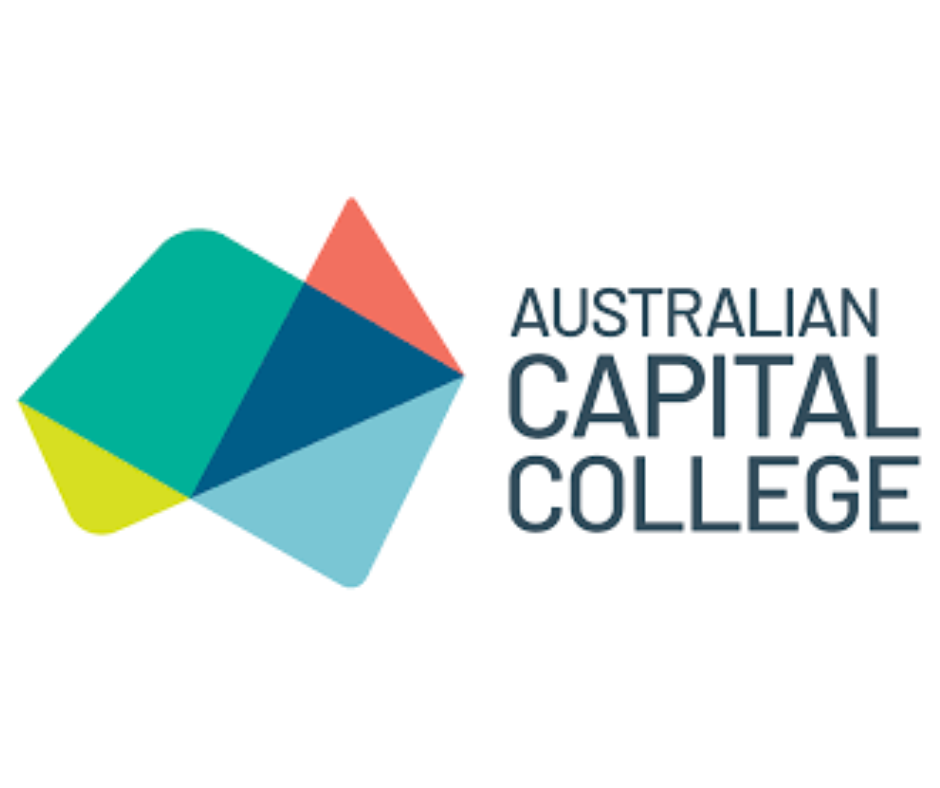




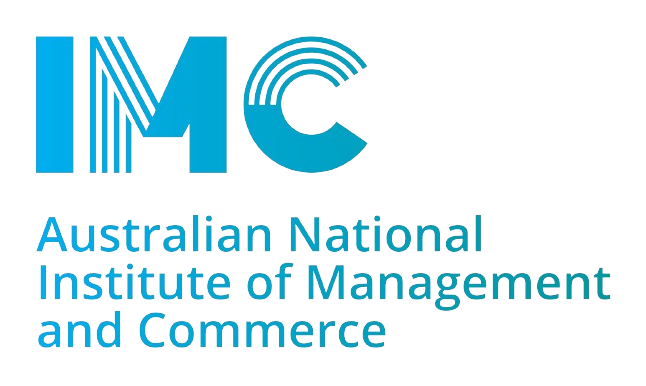


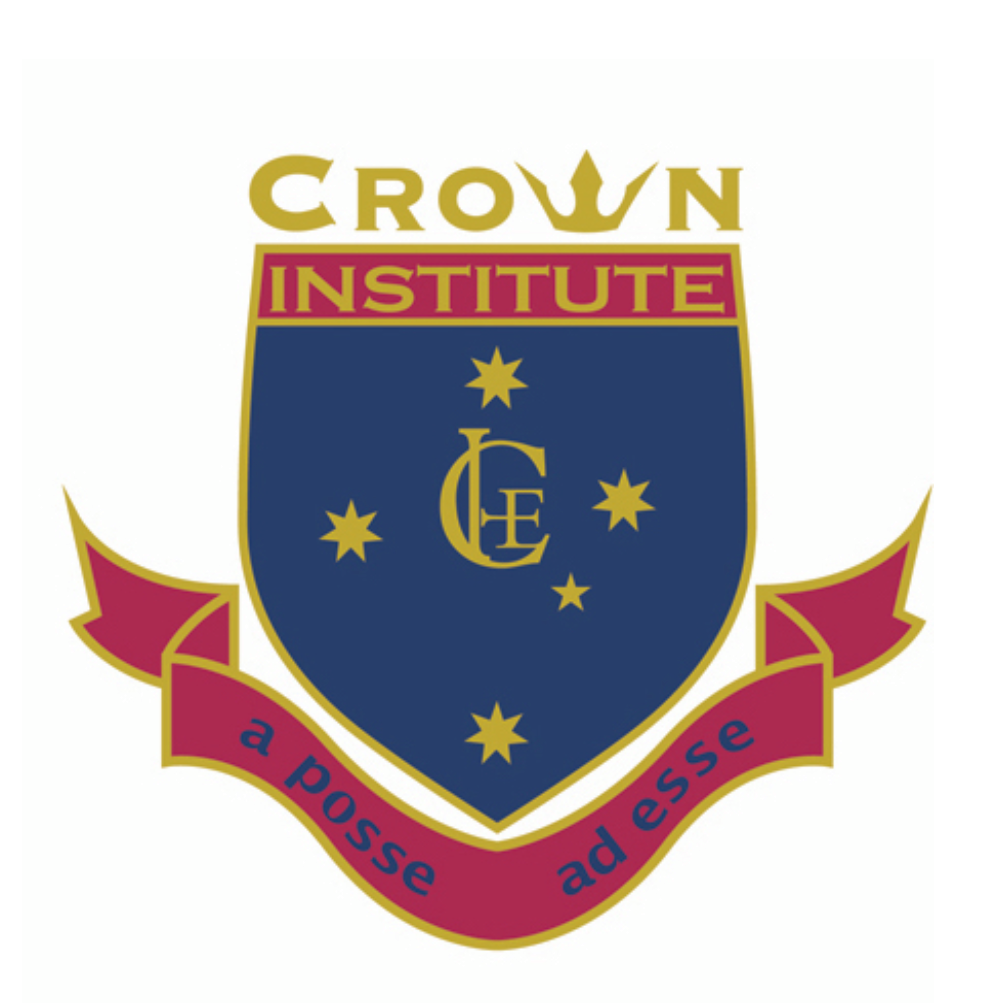











-1709630687-4348587.png)
 (2)-1709627277-1114120225.png)
 (7)-1709626886-1222511138.png)
 (3)-1709626371-223280263.png)
 (4)-1709625734-1094913668.png)
 (5)-1709625277-2130032414.png)
 (8)-1709549573-1353314718.png)
 (10)-1709548122-1920853457.png)

